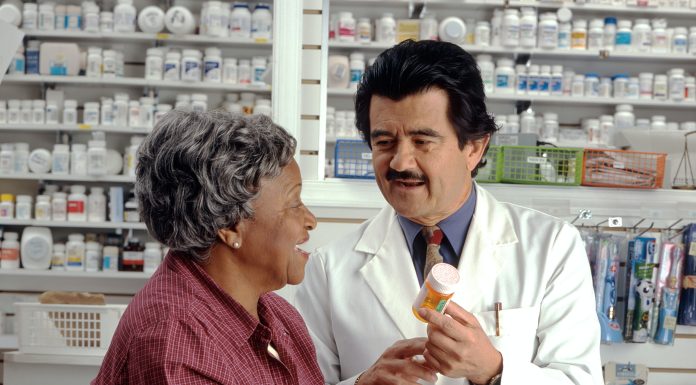Unfortunately, aging is linked to changes such as nutritional deficiencies and decreases in bone density. Therefore, the importance of eating a healthy diet can’t be overstated. Providing your body with the nutrients it needs can mitigate the harmful effects that accompany aging. Here are five ways that you should modify your diet as you age.
Consume Fewer Calories
Although daily calorie intake is dependent on several factors, such as height, weight and amount of exercise, older adults generally need fewer calories to maintain their weight. However, consuming fewer calories can prevent older adults from getting the nutrients their body needs. In fact, older adults need more nutrients than they did when they were younger. Therefore, it’s extremely important that you consume a variety of nutrient-packed foods.
Eat Calcium-Rich Foods
Calcium is an essential nutrient for maintaining bone health, which is especially important if you want to stave off diseases such as osteoporosis. Studies have shown that older adults don’t absorb as much calcium as younger adults, so it’s important that you consume calcium-rich foods to offset this deficiency. In addition to dairy products, some other foods high in calcium include seeds, almonds, leafy greens, beans and aronia berries. If you’re wondering how many aronia berries per day you should be eating, it’s generally recommended to consume about 30 berries, or one ounce. Try blending them into a fruit smoothie containing chia seeds, yogurt and other frozen berries to maximize your calcium intake. Additionally, a Vitamin D deficiency is often responsible for reduced calcium absorption in older adults, so be sure to stock up on Vitamin D-rich foods such as salmon, mushrooms and cheese.
Eat More Protein
One of the most common diseases amongst older adults is arthritis, which generally refers to joint pain and swelling due to the breakdown of bone cartilage. Several studies have shown that protein can be an effective option in treating arthritis, as it prevents bone deterioration. Therefore, it’s important that your diet is rich in protein-containing foods, which include eggs, almonds, chicken breast, Greek yogurt and lentils.
Make Sure You’re Eating Enough
Although you may understand the benefits of consuming a nutrient-rich diet, you may be having trouble eating enough food due to decreased appetite. Loss of appetite is a common problem among older adults, as they have decreased levels of hunger hormones and increased levels of satiety hormones. This means that many older adults become full after eating a small amount of food. A decrease in appetite can lead to nutrient deficiencies and weight loss, which can increase your risk of developing common illnesses such as osteoporosis and pneumonia. If you’re finding it difficult to meet your calorie requirements, try eating several smaller meals throughout the day rather than three larger ones. You can also try snacking on high-calorie, nutrient-dense foods such as nuts, yogurt and dried fruit.
Stay Hydrated
As you probably know, water is essential for virtually all of the body’s processes. Therefore, it’s crucial that you drink plenty of fluids in order to stay hydrated. Unfortunately, older adults are more prone to dehydration. One reason is because the body’s thirst receptors become more desensitized with age, making it difficult for the body to communicate that it needs water. Another reason is that the kidneys, which mainly act to save water, don’t function as well into old age. Therefore, be sure to consume 56-64 ounces of water per day, which translates to seven or eight cups. If you find it hard to drink water or you don’t feel thirsty, you can supplement with herbal teas, smoothies or soup. Avoid alcohol and caffeine, as these increase your urine output, therefore making you more prone to dehydration.
Maintaining a healthy diet is one of the most effective ways to keep your body in good condition and decrease your chances of developing diseases. Following these five tips can help you understand how your nutritional needs change with age and how to satisfy those needs.

























